The Computer Misuse Act
Is a law in the UK that regulates various activities related to computer use and cybersecurity. It defines three main offences that are illegal under UK law and provides penalties for those who break the law. In this post, we’ll provide a simple user guide to the Computer Misuse Act.
The three main offences defined by the act are:
- unauthorised access to computer material,
- unauthorised access with intent to commit or facilitate a crime, and
- unauthorized modification of computer material.
If someone is found guilty of an offence under the act, they can face fines, imprisonment, or both.
There are some defences available if someone is accused of breaking the Computer Misuse Act. These include having lawful authority or consent to access or modify the computer system or data. If you believe that someone has broken the act, you should report it to the police as soon as possible, providing as much detail as possible about the offence.

To avoid breaking the Computer Misuse Act, it’s important to always obtain permission before accessing or modifying computer material. You should also ensure that your computer systems and data are secure, using strong passwords and security measures.
In conclusion
The Computer Misuse Act is an important law that helps to protect individuals and organizations from cybercrime. By understanding the offences defined in the act, the penalties for breaking it, and the defences available, you can help to ensure that you stay on the right side of the law when using computers and technology.














